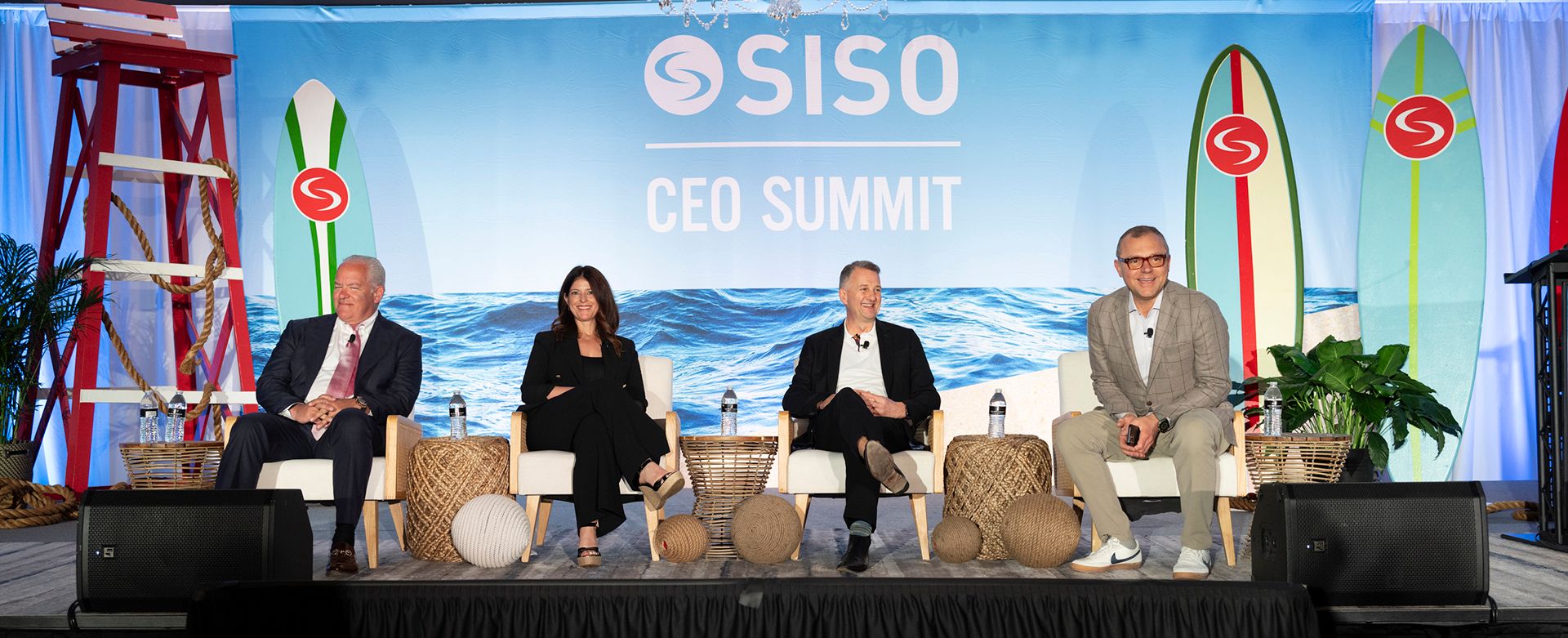Here are four sets of “pro tips” for show organizers.
- General Liability
- Have contracts with providers of goods and services to you or your exhibitors. Contracts should include indemnity agreements, requirements for both insurance – include type and limits of insurance and Additional Insured status. All providers must provide Certificates of Insurance in order to be paid.
- Buy Umbrella Liability insurance. Limit should be $5,000,000 for organizers of large meetings or conventions.
- Include Non-owned Auto Physical Damage on Hired & Non-owned Automobile Liability policies so you can reject all insurance when renting autos on business.
- Meeting and Convention Insurance
- Space sales agreements should include indemnity agreements in your favor and the venue owner. The indemnity agreement should require exhibitors to have $1,000,000 of Commercial General Liability insurance; if alcohol is being served in a booth, then Liquor Liability should also be required.
- Require exhibitors to have insurance and offer an Exhibitor Liability insurance program. It provides short term insurance to smaller exhibitors who do not buy insurance. It also protects foreign exhibitors whose insurance will probably not pay a claim brought in a US court. And it protects the show’s insurance program.
- Buy Event Cancellation Insurance. It ‘guarantees’ your revenue from nearly anything that disrupts an event. It also allows you to reimburse fees for attending or exhibiting and pays incurred expenses. Rates can be as low as ¼ of 1% of event revenue.
- Ensure two-years’ of events to lock in coverage at current favorable terms and record low rates; have coverage in force at least 12 months in advance of show dates. Don’t buy three months before the event.
- Executive Liability
- Have “current generation” Management Liability which includes Directors & Officers (D&O), Employment Practices and Fiduciary Liability.
- Employment Practices Liability (EPL) policies should include 1) volunteers, committees, trustees, and members as “covered persons”, 2) defense costs for allegations of wage & hour violations, and 3) coverage for claims brought by non-employees or “third parties”.
- Have defense costs paid in addition to policy limit if you have $1m policy limit?
- Be cautious of Major Shareholder exclusions on D&O policies.
- Crime & Cyber Liability
- Include Wire Transfer and Computer Fraud on Crime policies to protect against loss of money by criminal use of a computer to steal funds from your bank accounts.
- Have Social Engineering Fraud on Crime policies. Social Engineering Fraud or – larceny by trick, targets employees and key executives and causes loss of money or personal information.
- Buy coverage for liability due to a breach of private data in your system. Include coverage for 1) cost of credit monitoring of persons whose personal data may be exposed due to a data breach, 2) cyber extortion, 3) business interruption and 4) restoration of your system after a hacking incident.
- Have – and enforce, procedures to protect assets and employees. Examples are …
- Require approvals by multiple key employees for wire transfers or ACH payments.
- Do not allow employees to post on websites or email that they “are out of the country and have limited access to email, etc.”; criminals use than information to their advantage.
- Require multiple forms of authentication – including call-backs to established association telephone numbers, for any request for payment.
- Train employees to be aware of cyber threats against them. Use email safeguards such as an address for employees to forward suspicious emails and a logo on signatures blocks.

John Buttine Inc., a Risk Strategies Company
420 Lexington Avenue, 27th Floor •New York, New York 10170
212-867-3630 direct • 516-381-7305 cell • 212-208-3076 fax
jmb@buttine.com • www.buttine.com

